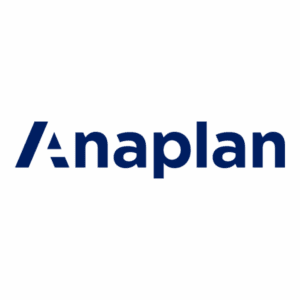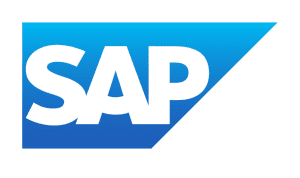By Jacco, Senior Consultant at cpmview
At cpmview, we believe that effective group reporting is about more than just numbers – it’s about insight, trust, and speed. A recent project with Mammoet clearly demonstrated how local ownership and smart data validation can significantly streamline the consolidation cycle.
The Power of Local Ownership
What sets Mammoet apart is their decision to delegate responsibility to local entities. Instead of a central team collecting and processing all financial data, each entity is responsible for uploading its own figures. They independently execute tasks in the data monitor, such as:
- Net income calculation
- Validation steps
- Currency translation
This approach not only fosters ownership but also results in substantial time savings. With fewer manual tasks at the group level, the consolidation process becomes faster and smoother. That said, it’s important to acknowledge the learning curve involved. We’re working with people, and it takes time for users to fully adopt and feel confident in a new process.
Data Quality as a Foundation
Another key takeaway is the importance of data accuracy. SAP Group Reporting offers robust validation capabilities, allowing users to define custom rules that safeguard incoming data quality. At Mammoet, we’re currently implementing these validation rules to catch and resolve errors early — before they affect reporting outcomes.
Compared to other consolidation systems, these rules are surprisingly easy to set up. After just one session with a local admin, they were able to configure multiple validation rules independently with minimal guidance.
Seamless Integration of Data Streams
What makes this case especially interesting is the technical complexity. Mammoet operates with a unique combination of systems:
- S/4HANA
- ECC
- SAP Analytics Cloud (SAC)
All data from these sources flows into SAP Group Reporting, where it’s consolidated centrally. Thanks to this integration, a single reliable financial view is created — without the need for manual connections. Many organizations aren’t aware that integration with systems like ECC is even possible, yet in practice, these capabilities are readily available.
Key Takeaways from This Case
- Local ownership accelerates processes
- Validation rules enhance data quality and trust
- Multiple systems can seamlessly integrate into one consolidation platform




